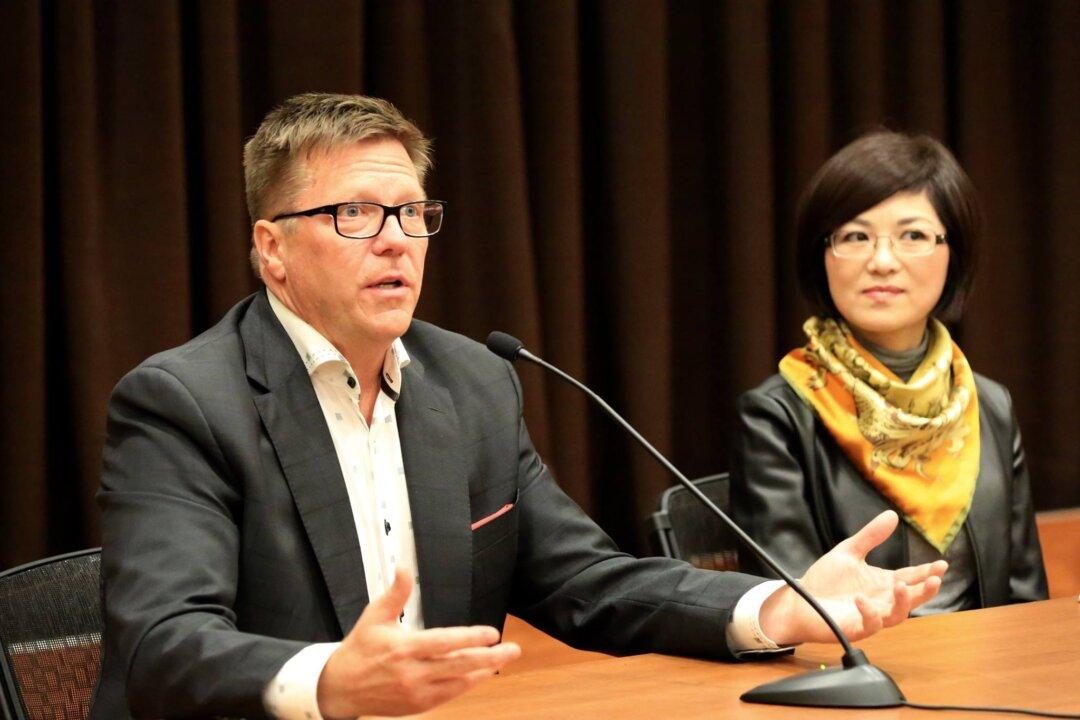Once a senior intelligence officer and manager with the Canadian Security Intelligence Service, Michel Juneau-Katsuya doesn’t mince words when it comes to China’s Confucius Institutes.
“They’re spies, period,” Juneau-Katsuya said.

Once a senior intelligence officer and manager with the Canadian Security Intelligence Service, Michel Juneau-Katsuya doesn’t mince words when it comes to China’s Confucius Institutes.
“They’re spies, period,” Juneau-Katsuya said.